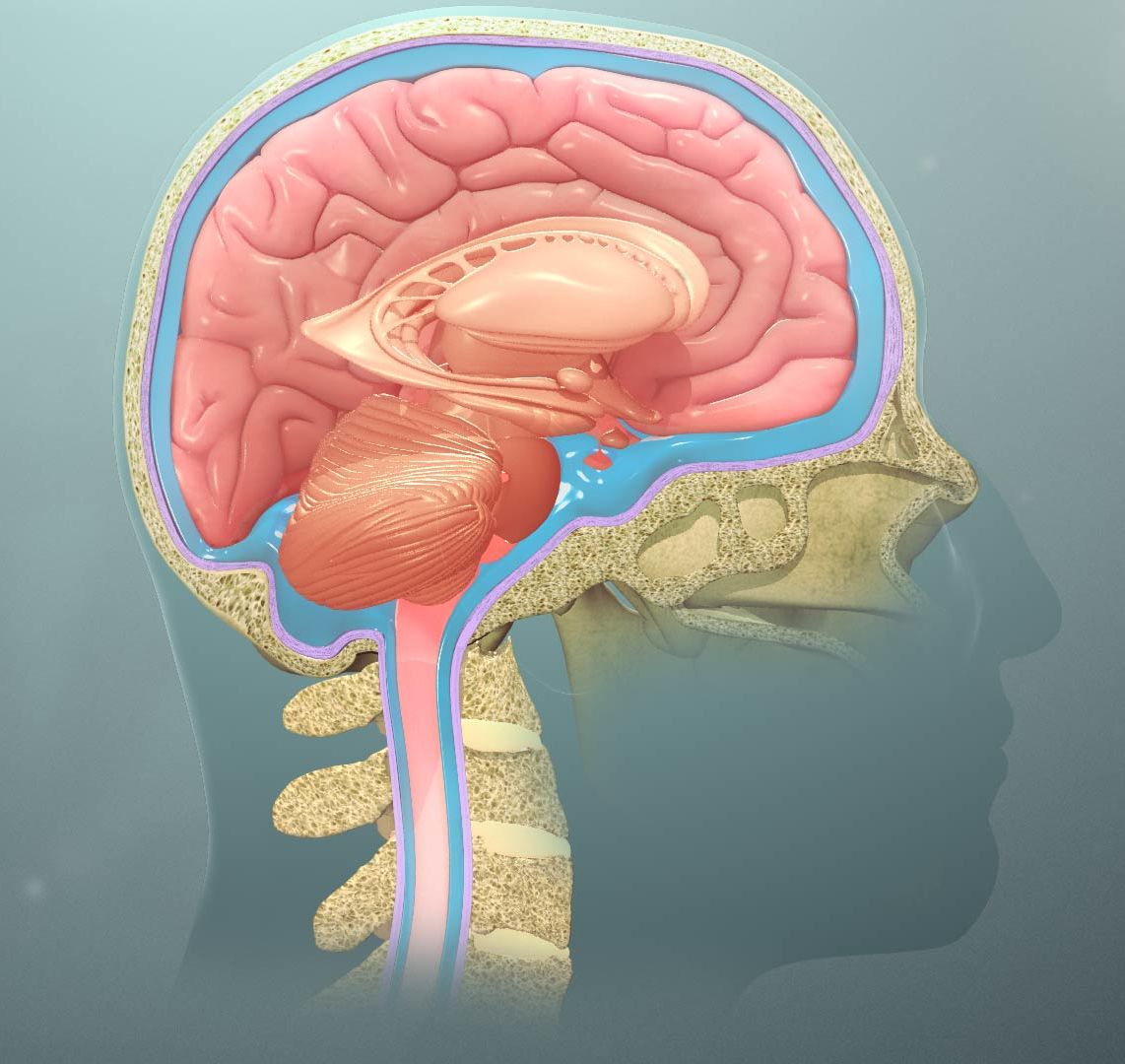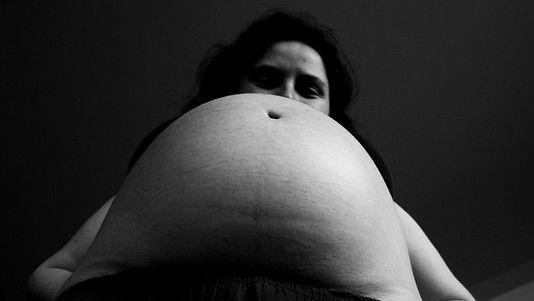Brain

Although physical changes within the brain during pregnancy have recently been identified, research into pregnancy-related brain changes is still very new.
At the same time, the brain’s ability to relatively remain the same during pregnancy – despite more dramatic changes in almost every other organ – could provide clues to preventing or treating some conditions during pregnancy.
Although research remains ongoing, data are inconsistent regarding “pregnancy brain”, and whether there is a true physiological reason for this commonly reported symptom. Researchers have theorized that stress, sleepiness, fatigue, or simply more attentiveness to its existence could make it seem more prevalent.
For women who are concerned about their ability to concentrate or focus during pregnancy, they should call their health care provider (HCP). It is also important women call their HCP if they are experiencing depressive symptoms, a significant lack of sleep, extreme fatigue, or have any concerns regarding their mental health during pregnancy.
Background
Little is known about the effects of pregnancy on the human brain, but it is believed to be highly plastic and adaptive to pregnancy-related changes.
Researchers have only just started to learn more about the brain at the tissue level during pregnancy.

Physical Changes
Brain Size (inconsistent): One of the most recent findings has determined that pregnancy shrinks the brain’s gray matter, but other studies have determined the postpartum period may increase this aspect of the brain. In either case, these changes indicate a likely adaptation to parenthood. [Gray matter is on the surface of the brain and contains the cell bodies of neurons (which are gray in color) and helps individuals control movement, memory, and emotions.]
Postpartum women may experience gray matter reductions that can last for at least two years after birth. This “specialization” is hypothesized to occur to help women adapt to motherhood and respond to the needs of their babies. Instead of “losing” a part of the brain, the brain itself is simply fine-tuning certain connections.
Other decreases in maternal brain size have been observed late in pregnancy:
One study found that brain size reduced in pregnancy, with peak reduction at term, but reversed six months after delivery.
In preeclamptic patients in the same study above, brain size was significantly smaller than in healthy participants, both before and after delivery, for reasons currently unknown.
In contrast, at least one study determined one part of the brain that may increase in size. A study published in June 2021 compared the brains of 14 healthy women between immediate postpartum (within 1–2 days of childbirth) and late postpartum (at 4–6 weeks after childbirth) and revealed increases of the amygdala, but among different subareas. The authors noted these findings might reflect "adaptations of the mother's brain tuning into the distinct and ever-changing needs of a newborn" either as a cause or consequence (the amygdala plays a role in the regulation of emotion).
Additionally, a study published in January 2022 investigated a large population-based cohort to examine the association between number of pregnancies and brain structure. The authors found that pregnancy and childbirth are associated with robust long-term changes in brain structure involving a larger global gray matter volume that persists for decades.

Blood flow: Despite substantial changes to almost every other organ in the body during pregnancy, the brain and its blood flow appear to maintain normalcy, even with the size findings detailed above.
The brain does not appear to get more or less blood flow than before pregnancy. Researchers theorize that learning how the brain stays somewhat normal could be very valuable in preventing and treating pregnancy-related disorders, such as preeclampsia and eclampsia, which also affect the brain.
Interestingly, the brain appears to be in a state of increased seizure susceptibility during pregnancy, but yet, likely due to the blood-brain barrier, healthy women do not have seizure activity during pregnancy.
It was also noted that a failure to regulate this vulnerable process could result in various neurological and psychiatric problems that arise during pregnancy, such as the seizure activity associated with eclampsia.
Memory
Forgetfulness, memory disturbances, poor concentration, increased absentmindedness, and difficulty reading (known as cognitive functions) are frequently reported by pregnant women.
Many of the hormones that play a key role in the establishment and maintenance of pregnancy have been found to influence cognitive functions. However, it is not quite clear when these specific impairments occur, how they occur during pregnancy, or whether they are permanent – as studies remain inconsistent.

An animal study revealed tissue structural modifications in the whole brain during pregnancy, and that the hippocampus (learning and memory) was structurally and functionally remodeled. It is not known if this would affect memory, or if the same results pertain to humans.
Further, prolactin (milk production) and oxytocin (contractions and emotional bonding) are secreted by the hypothalamus and pituitary gland, which could have been the cause of the observed remodeling.
Additionally, higher levels of estrogen have actually been shown to be protective on verbal and working memory, in postmenopausal women and in healthy menstruating women.
Other reports have found memory issues during pregnancy, but indicate these issues resolve postpartum. Other studies have found no overall cognitive decline during pregnancy.
Regardless, some reports have found impairments in abilities such as verbal free recall and working memory, and numerous examples of “baby brain” permeate forums and media articles.
One study found that decreased levels of epinephrine, serotonin and dopamine were observed in healthy, pregnant women when compared to non-pregnant women. These decreases were theorized to potentially be responsible for loss of functional memory during pregnancy.
It is also hypothesized that memory problems could occur due to sleep deprivation and stress, rather than pregnancy itself (or a combination of both). It is also possible that “baby brain” is so widely accepted that women just become more aware of their mental slip ups. Some researchers theorize that memory loss may be the “cost” of having a more attuned, attentive brain focused solely on caring for a baby.

Authors have recommended additional research to further investigate duration, onset, severity, and impact of changes in cognitive function during pregnancy and the postpartum, to include whether breastfeeding has any additional effect.
Action
For women who are concerned about their ability to concentrate or focus during pregnancy, they should call their HCP. It is also important women call their HCP if they are experiencing depressive symptoms, a significant lack of sleep, extreme fatigue, or have any concerns regarding their mental health during pregnancy.